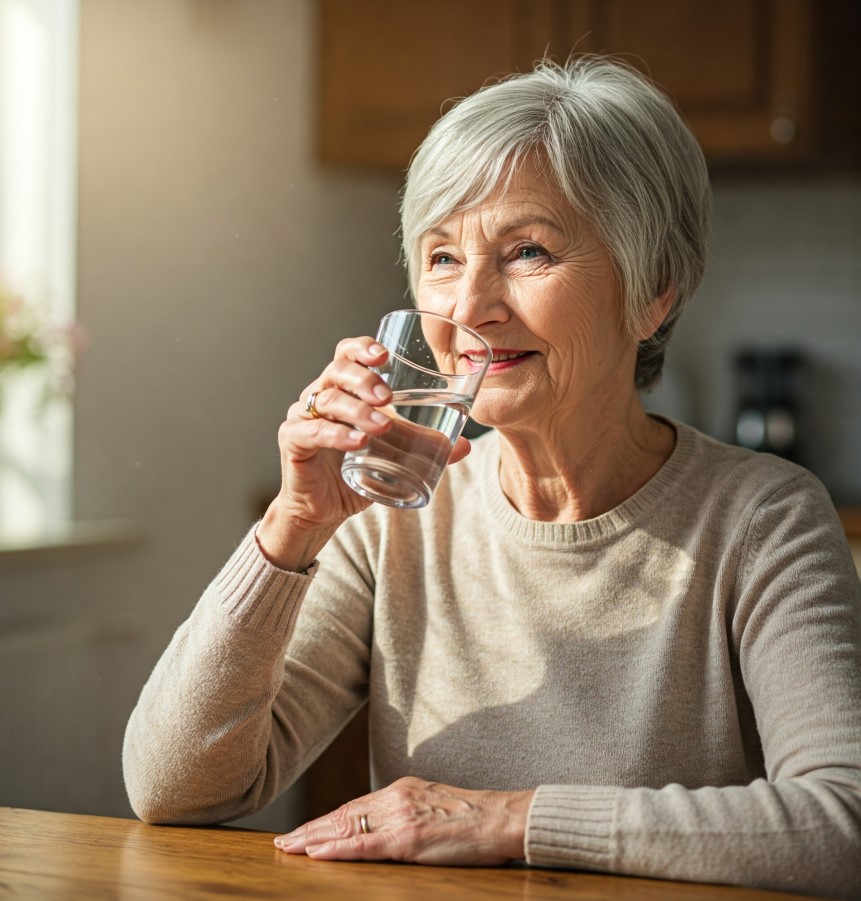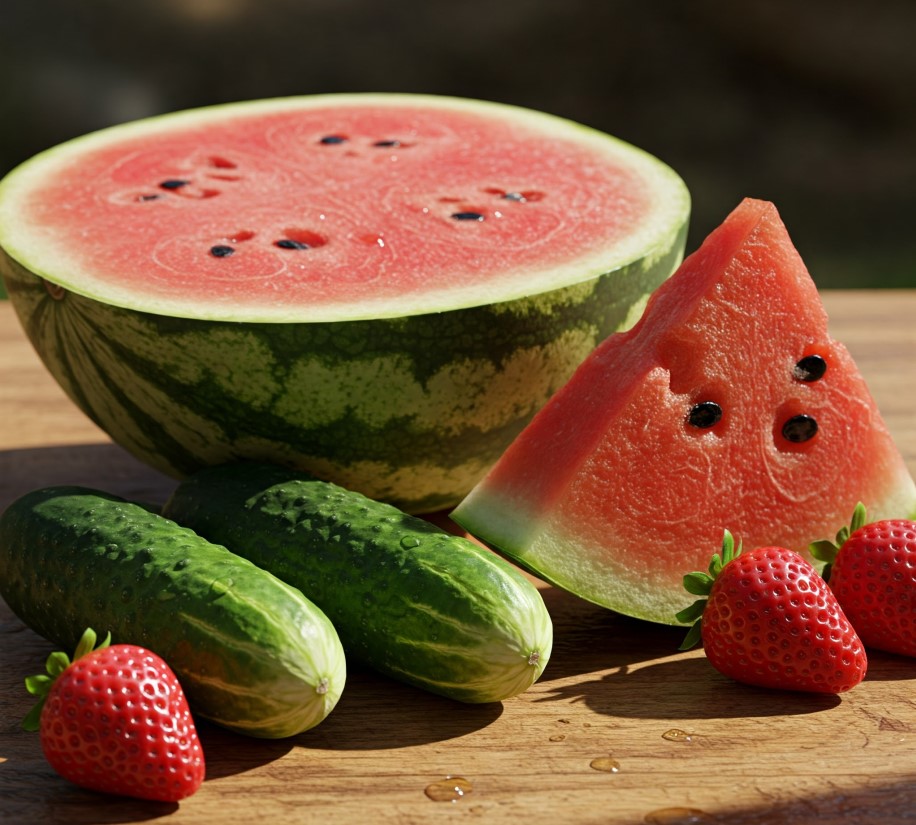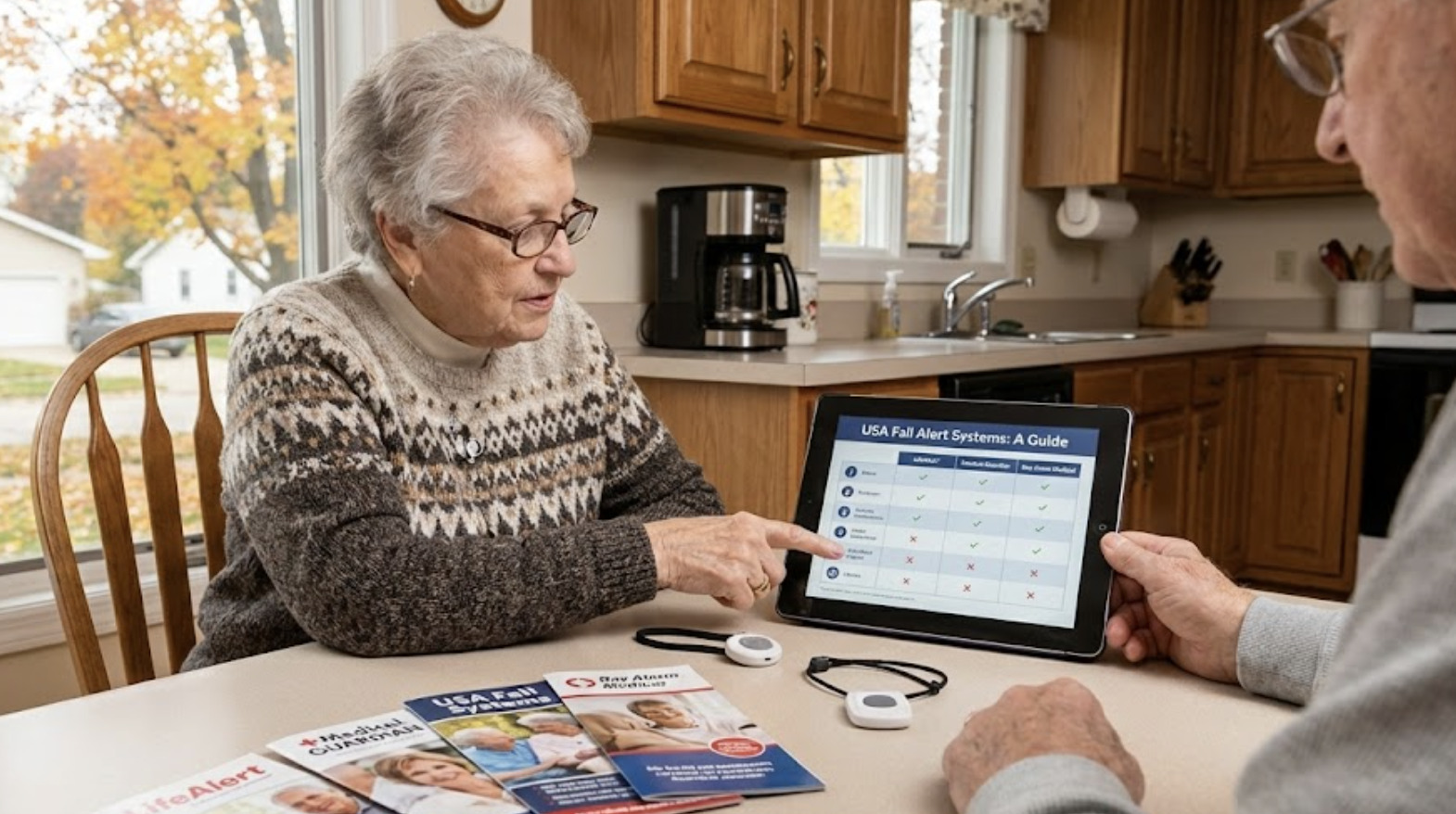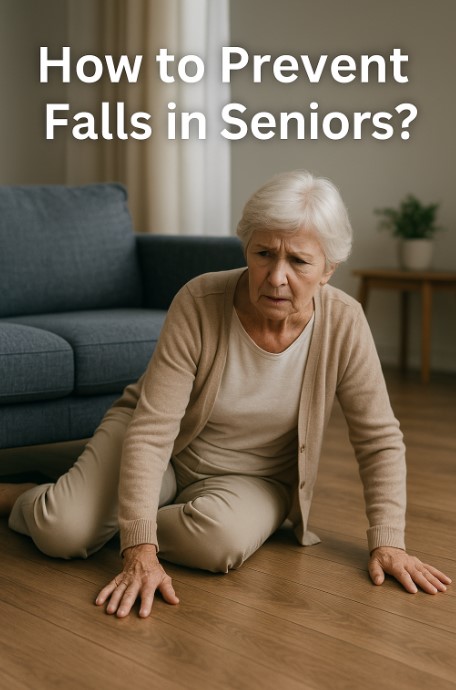Staying properly hydrated is crucial at any age, but for seniors, it becomes especially important. Dehydration can cause serious health complications, including urinary tract infections, kidney problems, confusion, and even hospitalizations. Fortunately, preventing dehydration is achievable with simple daily habits. Here are 10 effective ways to help seniors stay hydrated and healthy.

1. Encourage Regular Fluid Intake
One of the easiest ways to prevent dehydration in seniors is to encourage regular fluid intake. Seniors should aim to sip water throughout the day, not just when they feel thirsty. Setting reminders on phones, keeping a visible schedule, or associating drinking with activities like mealtimes can make hydration a natural part of the day.
2. Keep Water Easily Accessible
Accessibility is key for elderly hydration. Seniors with mobility challenges might find it difficult to get up for a glass of water. Having water bottles within easy reach—beside the bed, in the living room, or in a bag when traveling—can make a big difference in maintaining fluid intake.
3. Add Flavor to Make Water More Appealing
Some seniors find plain water unappealing. Enhancing the taste naturally can help. Adding slices of lemon, cucumber, strawberries, or even a sprig of mint can make water more enjoyable without adding unhealthy sugars. Flavored sparkling water without added sugar is another good option for hydration for seniors.
4. Include Hydrating Foods in the Diet
Not all hydration needs to come from drinks. Including water-rich foods like watermelon, cucumber, celery, strawberries, and low-sodium broths or soups can significantly boost fluid intake. These foods are particularly helpful for seniors who may not enjoy drinking large amounts of fluids at once.

5. Limit Diuretics Like Coffee and Alcohol
While coffee and tea can be enjoyed in moderation, they have diuretic effects and can contribute to dehydration. Alcohol also promotes fluid loss. Seniors should prioritize water, milk, or low-sugar fruit juices for hydration, and limit beverages that can cause fluid depletion.
6. Drink More in Hot Weather or During Illness
Hydration needs increase during hot and humid conditions or when a person is ill with a fever, vomiting, or diarrhea. Seniors should be mindful to drink extra fluids during these times to compensate for the additional water loss and maintain proper hydration for older adults. Dehydration-related dizziness can also increase the risk of falls — consider using fall detection systems for extra safety.

7. Set Hydration Reminders
Forgetfulness can be a barrier to good hydration. Setting reminders—either through alarms, notes, or regular schedules—can help seniors remember to drink consistently.. Using hydration apps or simple phone alarms can encourage a healthy routine for how to keep seniors hydrated.
8. Choose Senior-Friendly Drinks
Water is the best choice, but there are other beverages that can help meet hydration needs. Options like low-fat milk, electrolyte-enhanced waters, or low-sugar nutritional drinks designed for seniors are excellent alternatives. According to recommended fluid intake for elderly adults, aiming for about 9 cups (for women) and 13 cups (for men) daily is a good general guideline, considering all sources of fluids.
9. Caregivers Should Monitor Hydration
Caregivers play a crucial role in helping seniors stay hydrated. Gentle reminders, providing appealing drink options, and ensuring easy access to fluids can make a big difference. Observing for early signs of dehydration, such as dark-colored urine or fatigue, allows for prompt action to rehydrate.

10. Talk to a Doctor About Individual Needs
Each person’s hydration needs can vary based on their medical conditions and medications. Seniors with heart failure, kidney disease, or diabetes may require tailored fluid guidelines. Speaking with a healthcare provider ensures that hydration recommendations are safe and effective. It’s an essential step in understanding the importance of hydration in elderly adults and how to prevent dehydration in elderly populations.
Final Thoughts
Preventing dehydration in seniors doesn’t require drastic changes—just consistent, mindful habits. Drinking regularly, incorporating hydrating foods, and being aware of environmental and health-related risk factors can all contribute to better hydration. With these simple steps, seniors can maintain their health, energy, and overall well-being.
Proper hydration is not just about avoiding illness—it’s a vital part of living a vibrant, active life at any age. Make hydration a priority for yourself or your loved ones today.
How BeWellAlert Can Help
At BeWellAlert, we understand that hydration is just one aspect of senior wellness. That’s why we provide safety solutions that go beyond daily routines. Whether it’s our easy-to-use Mini Lightweight Mobile alert system, In-Home Cellular Station for full-day protection, or Active Alert Smartwatch with fall detection and reminders—our products are designed to support your loved ones every day.
Learn more about how we help seniors live safely and independently at bewellalert.com.








